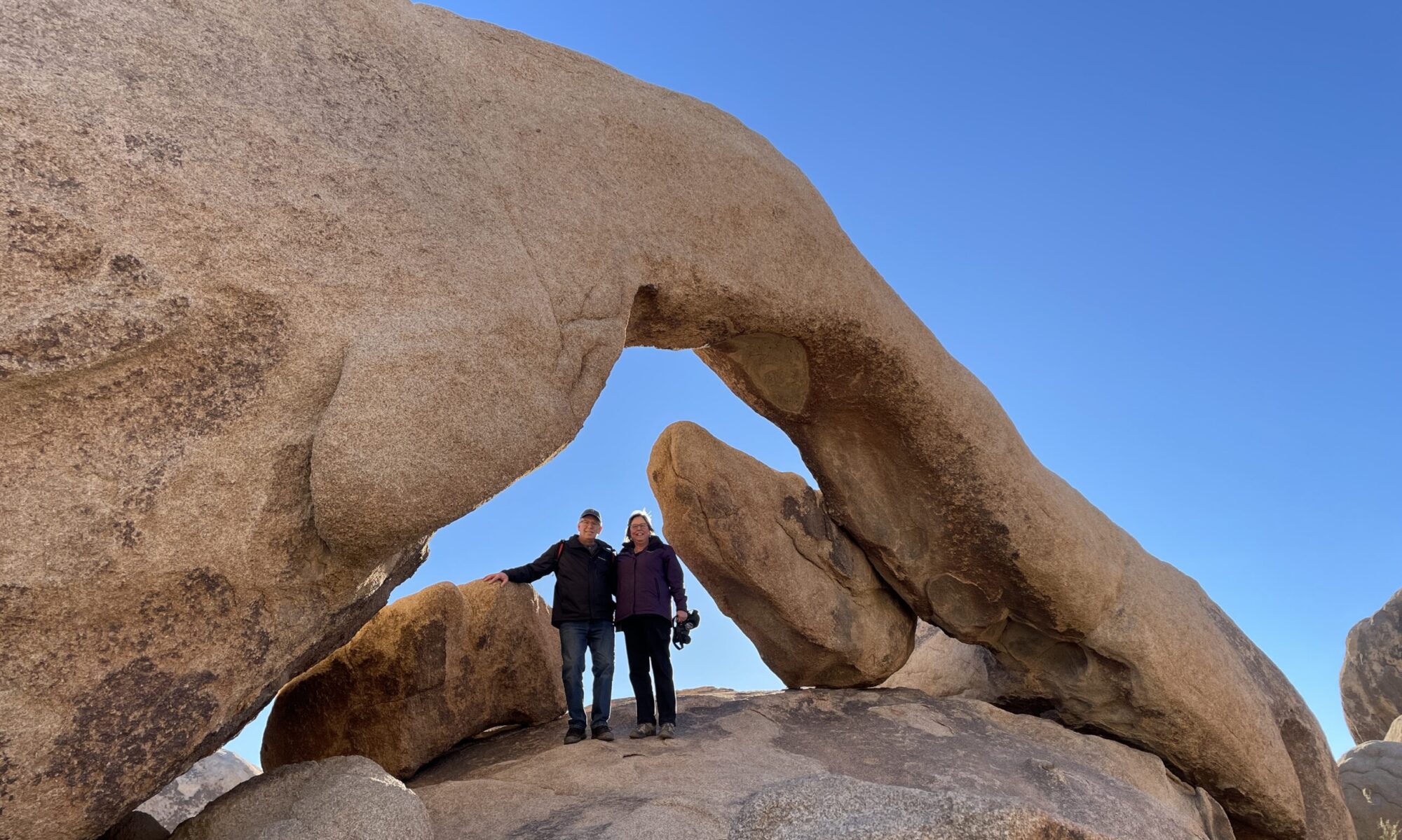(For January/February 2019 Wayland UMC newsletter) The Michigan Annual Conference of The United Methodist Church begins January 1, 2019. Wayland UMC belongs to the Midwest District, one of nine Districts in our new single state Annual Conference. Previously, we belonged to the Grand Rapids District of the West Michigan Annual Conference.
Bishop David Bard continues to serve as our Bishop and we have a new District Superintendent, Rev. Dr. Margie Crawford. In my introductory time with her last fall, she shared a framework for ministry of Planting – Cultivating – Harvesting. We are almost always involved somewhere in this process though we might not share all parts of it together. It is important that we appreciate and recognize what God is doing in our congregation and in our world.
“Whenever you see Jesus acting in the Gospels, you see him putting people into motion. He’s like a giant billiard ball. Wherever he goes he breaks up old patterns, he sends people off in new directions.”
(Timothy Keller, Hidden Christmas, 45-46)
John Wesley understood that God’s grace is a dynamic form of divine energy. Movement and change are built into God’s relationship with the world.
In an earlier newsletter article, I shared two questions from Nelson Searcy, a church growth leader:
The wrong question is “How do I get my church to grow?”
The right question is “What is keeping my church from growing?”
The wrong question assumes that the natural state of the Church is at rest, and we need to do something to make it move. The right question assumes that the natural state of the Church is moving and growing and, therefore, we need to remove the barriers or hinderances to allow the growth to emerge.
So, if God’s gift of Jesus puts people in motion and the natural state of the Body of Christ, the Church, is moving and growing, what is the Holy Spirit planting, cultivating, or harvesting in our congregational life? What is the Holy Spirit doing in your life?
My dear friend, Rev. Dr. Dori Grinenko Baker, writes in her edited volume, Greenhouses of Hope: Congregations Growing Young Leaders Who Will Change the World, “Greenhouses of Hope are messy, organic, creative, inventive, and sometimes chaotic places. Nonetheless, they cultivate just the right nutrients to sustain and strengthen young people who want to change the world rather than flee from it” (8).

“I planted the seed in your hearts, and Apollos watered it, but it was God who made it grow. It’s not important who does the planting, or who does the watering. What’s important is that God makes the seed grow. The one who plants and the one who waters work together with the same purpose. And both will be rewarded for their own hard work. For we are both God’s workers. And you are God’s field. You are God’s building.”
(1 Corinthians 3:6-9)
For 2019, what if we look upon our congregation and discern what God is doing through the frame of becoming a Greenhouse of Hope? Let’s be a congregation that looks for Planting – Cultivating – Harvesting occasions in our midst. I hope to have these conversations with you in the coming year because “God is calling us to be a congregation inspired to serve as a beacon for Christ in the community.”



 “One of the most effective ways to spark a dynamic vision is to clean your garage. Don’t get me wrong. Writing a great strategic plan and creating a clean, well-ordered garage are very different activities. One requires a high-level focus and a willingness to see beyond the conditioning and details of current reality. The other requires an often brutal hand-to-hand combat with those details. Yet there is a strange and wondrous relationship between the two…when people want to get control of their work and life by ‘setting priorities’…(m)y choice is always to go for cleaning up the garage of their work, their life, and their head. Then the priorities, the vision, and the plan emerge – grounded, with solid roots” (Ready for Anything, David Allen, 24-25).
“One of the most effective ways to spark a dynamic vision is to clean your garage. Don’t get me wrong. Writing a great strategic plan and creating a clean, well-ordered garage are very different activities. One requires a high-level focus and a willingness to see beyond the conditioning and details of current reality. The other requires an often brutal hand-to-hand combat with those details. Yet there is a strange and wondrous relationship between the two…when people want to get control of their work and life by ‘setting priorities’…(m)y choice is always to go for cleaning up the garage of their work, their life, and their head. Then the priorities, the vision, and the plan emerge – grounded, with solid roots” (Ready for Anything, David Allen, 24-25).
